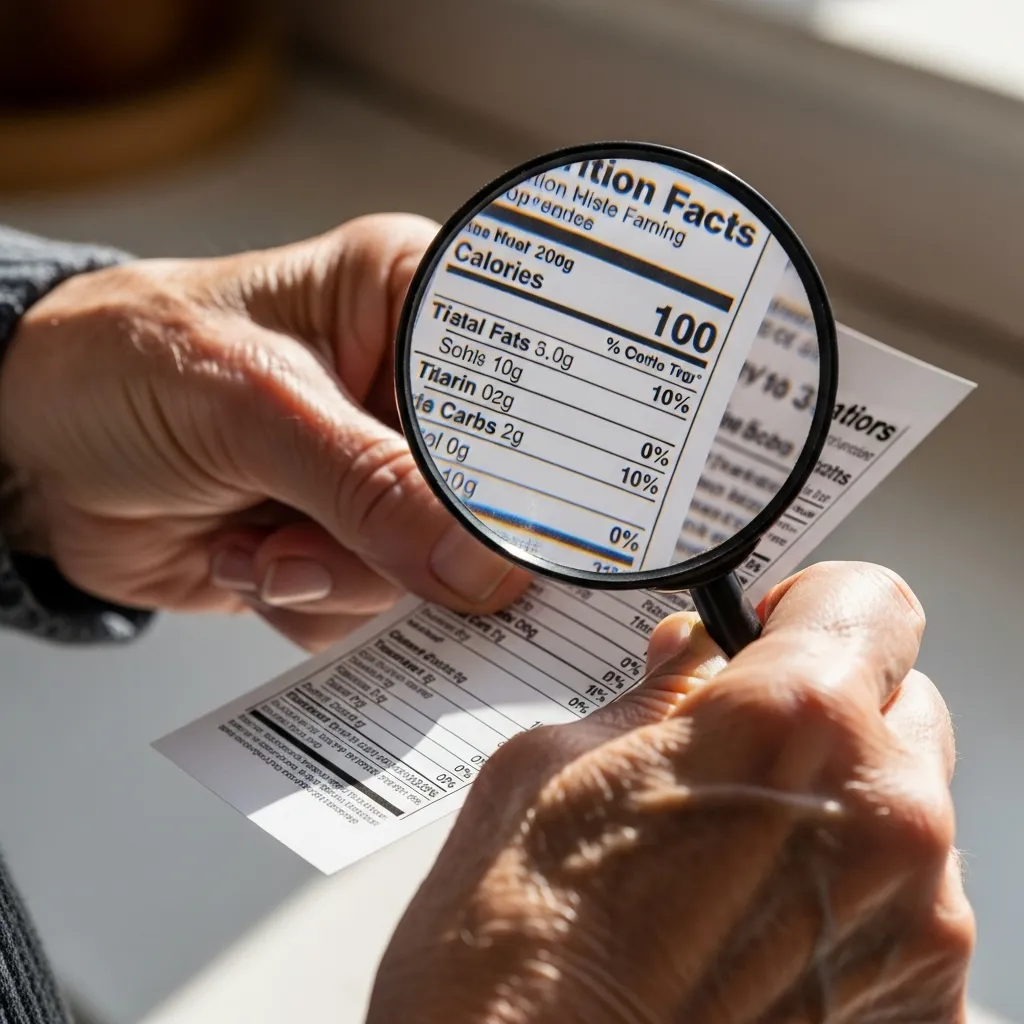
A Final Word: Ditching Dogma for Sustainable Health
We started this journey by deconstructing a “clickbait health” headline. We learned that the “one food 9 out of 10 doctors say you should avoid” isn’t a single item, but a pattern of eating centered on ultra-processed foods high in added sugars, sodium, and unhealthy fats. We’ve explored why this pattern is particularly concerning for `senior health`, impacting inflammation, heart health, energy levels, and more.
More importantly, we’ve outlined a practical, shame-free path forward. It’s a path that favors awareness over anxiety, and progress over perfection. By becoming a label detective, conducting mindful pantry audits, and focusing on smart swaps, you can gradually shift your dietary pattern in a way that feels empowering, not punishing.
The most important takeaway is to move beyond the search for a single dietary villain or savior. Health at any age, especially after 60, is about the big picture: a balanced diet rich in whole foods, regular physical activity, restorative sleep, and meaningful social connections. The small, consistent choices you make every day are what build a foundation of lasting well-being.
Your Next Steps
Don’t let this information become overwhelming. Turn it into action with these simple, concrete steps:
This Week: Pick just one meal—perhaps your breakfast or your afternoon snack—and identify one smart swap you can make. Maybe it’s switching from a sugary cereal to oatmeal or trading a packaged cookie for an apple with peanut butter. Start small.
At Your Next Grocery Trip: Dedicate five extra minutes to your label-detective work. Pick two items you buy regularly, like bread and yogurt, and compare the added sugar and sodium content between different brands. Make an informed choice.
This Season: Schedule a 15-minute pantry audit on your calendar. Don’t think of it as a chore, but as a brief, empowering check-in with yourself. Knowledge is the first step toward change.
Disclaimer: The information provided in this article is for educational purposes only and is not intended as a substitute for professional medical, legal, or financial advice. Health needs are individual. Always consult with a qualified healthcare provider, such as a doctor or registered dietitian, for personalized advice regarding your health and dietary choices.











